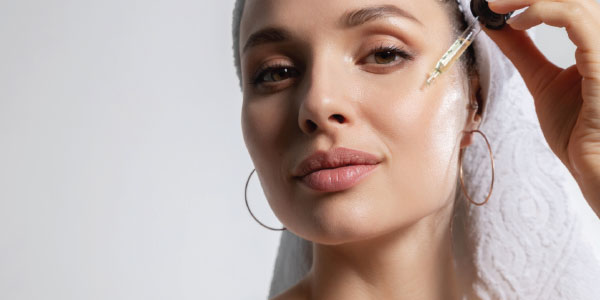
Commentary by Carey Juez-Perez, Licensed Clinical Social Worker
Social media can be a form of entertainment.
It also can affect our mental health.
For example, social media creates a false sense of reality, as people tend to solely post photos of themselves smiling, having a good time and enjoying life. Naturally, as humans, we tend to compare ourselves to others. We become jealous of people posting photos of their “perfect” relationships or comments about their “wonderful” lives. Gradually, feelings of jealously can build, leading to low self-esteem and depression.
Furthermore, social media is a breeding ground for cyber-bullying. The constant name-calling and negativity on Facebook or Twitter might lead to feelings of self-harm, depression and anxiety.
According to a study by Great Britain’s Royal Society for Public Health, there are some social media platforms that are worse for our mental health than others. Instagram, for instance, is considered the worst, as it’s associated with anxiety, depression, bullying and the fear of missing out. However, YouTube received higher scores for overall well-being.
On the other hand, there are many positives to social media. We can easily reconnect with old friends, openly express ourselves and build a sense of community and support. To tap into those benefits, we must limit our usage, teach children internet safety precautions and report offensive posts. We also must rely on other outlets for stress relief, build meaningful face to face relationships, and take time to set aside our phones and enjoy life beyond the digital world.
In essence, we must use social media responsibly. It’s vital to our mental health.
____________________________________________________________________________________
El uso responsable de los medios sociales es importantes para la salud mental
Los medios sociales pueden ser una forma de entretenimiento.
Pero también puede afectar nuestra salud mental.
Por ejemplo, las redes sociales crean un falso sentido de la realidad, ya que las personas tienden a publicar únicamente fotos de sí mismos sonriendo, pasando un buen rato y disfrutando de la vida. Naturalmente, como seres humanos, tendemos a compararnos con los demás. Nos volvemos celosos de las personas que publican fotos de sus relaciones “perfectas” o comentarios sobre sus “maravillosas” vidas. Poco a poco, los sentimientos de celos pueden construir, lo que lleva a la baja autoestima y la depresión.
Además, los medios de comunicación social son un caldo de cultivo para el ciberacoso. El constante contacto y negatividad en Facebook o Twitter podrían conducir a sentimientos de auto-daño, depresión y ansiedad.
Según un estudio de Inglaterra, hay algunas plataformas de medios sociales que son peores para nuestra salud mental que otras. Instagram, por ejemplo, se considera el peor, ya que está asociado con la ansiedad, la depresión, el acoso y el miedo de perderse. Sin embargo, YouTube recibió puntuaciones más altas para el bienestar general.
Por otro lado, hay muchos aspectos positivos a las redes sociales. Podemos reconectarnos fácilmente con viejos amigos, expresarnos abiertamente y construir un sentido de comunidad y apoyo. Para aprovechar esos beneficios, debemos limitar nuestro uso, enseñar a los niños las precauciones de seguridad en Internet y reportar mensajes ofensivos. También debemos confiar en otras actividades para aliviar el estrés, construir relaciones significativas cara a cara, y tomar tiempo para dejar de lado nuestros teléfonos y disfrutar de la vida más allá del mundo digital.
En esencia, debemos utilizar las redes sociales de manera responsable. Es vital para nuestra salud mental.









